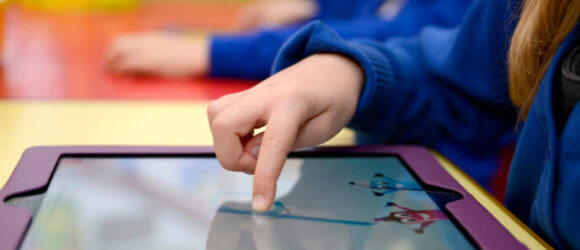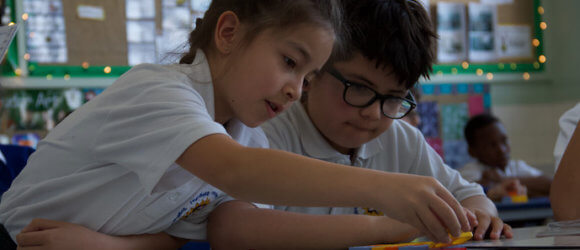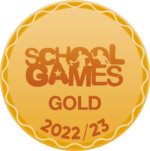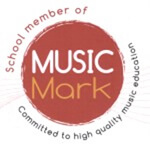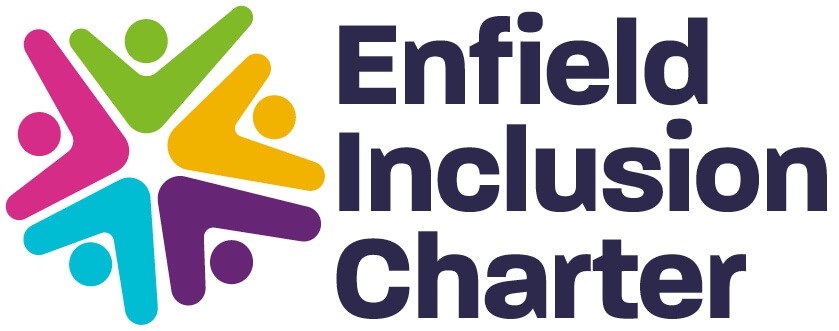Computing
COMPUTING PROGRESSION MAP – click here
Computers are now part of everyday life. For most of us, technology is essential to our lives, at home and at work.
‘Computational thinking’ is a skill children must be taught if they are to be ready for the workplace and able to participate effectively in this digital world so here at Highfield we teach a high quality computing curriculum.
At Highfield we understand that computing is an integral part of our world today. With the constantly advancing technology, it is vital that our children are equipped with the skills necessary to adapt to this progress in computing. ‘Computational thinking’ is a skill that children must be taught if they are to be ready for the workplace and able to participate effectively in this digital world so here at Highfield we teach a high quality computing curriculum. We offer the children the opportunity to practise these skills in a safe environment.
We are lucky, at Highfield, to have a dedicated computer suite as well as access to various technologies such as iPads, programmable toys and even a 3D printer.
E-Safety:
At Highfield we always want to ensure the safety of your child when using computers. Here are a sample of some of the E-safety work children have done. Click here for more information about E-Safety at Highfield.
Coding Club
At this after school club, children introduced to advanced programming skills. Children from Year 6 are practise skills and ‘Computational Thinking’ in a variety of different ways.
Children with higher level programming skills, will be challenged in a rolling program aimed at years 6 through 4.
National Program of Study
Computing
Purpose of study
A high-quality computing education equips pupils to use computational thinking and creativity to understand and change the world. Computing has deep links with mathematics, science, and design and technology, and provides insights into both natural and artificial systems. The core of computing is computer science, in which pupils are taught the principles of informational computation, how digital systems work , and how to put this knowledge to use through programming. Building on this knowledge and understanding, pupils are equipped to use informational technology to create programs, systems and a range of content. Computing also ensures that pupils become digitally literate – able to use, and express themselves and develop their ideas through information technology and communication technology – at a level suitable for the future workplace and as active participants in the digital world.
Aims
The national curriculum for computing aims to ensure that all pupil:
- Can understand and apply the fundamental principles and concepts of computer science, including abstraction, logic, algorithms and data representation
- Can analyse problems in computational terms, and have repeated practical experience of writing computer prgrams in order to solve such problems
- Can evaluate and apply information technology, including new or unfamiliar technologies, analytically to solve problems
- Are responsible, competent , confident and creative users of information and communication technolog.
Computing @ Home
In your child’s home school book, is the ability to access a variety of applications in a safe environment.
Children are able use video guidance provided by the site to practise computing skills including programming.

